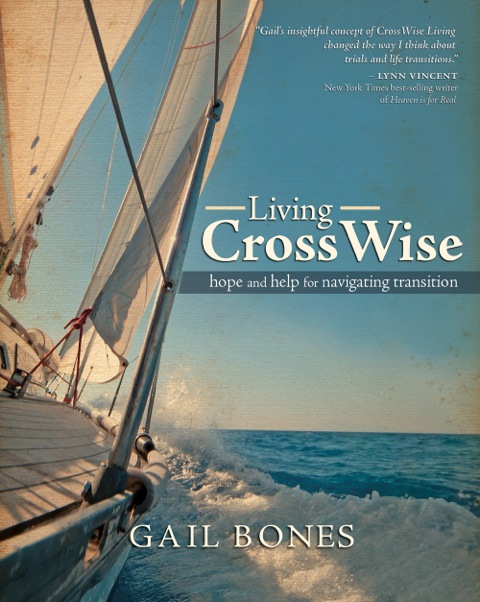Is God Still Good When ...
Kathy Howard is a Bible study writer extraordinaire—I love her studies—but in this UPGRADE post, Kathy tackles a tough topic.
“I often hear other Christians say, “God is good!” she writes. “I heard it when the life of a sick child was spared. And when a biopsy returned benign. And when a job in jeopardy was saved. And when a  rebellious teen turned back to God.
rebellious teen turned back to God.
“But what about when the child dies or it comes back ‘cancer’ or the job is lost or the teenager never returns? Is God good then?”
I’m so glad Kathy is addressing this. These are questions those who don’t know Christ like to throw up to Christians. “If your God is so good,” they say, “then why did He allow ….”
Kathy continues …
Yes. God is good all the time. The Bible says so. God cannot be good one moment and not the next. He cannot be good in one situation and not another.
A Facebook post I read not long ago caused me to reflect on this truth. The FB friend wrote, “God is good!” And then she detailed all the recent positive happenings in her life as the proof.
This really troubled me. See, we flawed humans tend to declare God’s goodness only when things turn out the way we hope they will. This implies that we believe God is good because our circumstances are easy. But what if our circumstances are hard? Does that mean God is not good? Or that He is good only to those who don’t have trouble and difficulty?
Our circumstances do not dictate or define God’s goodness. God’s character dictates His goodness. God is good all the time. No matter the circumstances.
So what does this truth mean for us today? Here are a few truths from Scripture to help us develop a correct understanding of the goodness of God:
- God’s will for our lives is good (Romans 12:2). Sometimes – in fact, often – His will includes trials and difficulty that He uses for our refinement.
- In all things, in all circumstances, our good God is working for our good. “And we know that in all things God works for the good of those who love Him, who have been called according to His purpose” (Romans 8:28).
- The assurance of God’s goodness enables us to “give thanks in all circumstances” (1 Thessalonians 5:18) and to declare in easy times and hard times, “God is good!”
How should these truths impact our daily lives? How should we upgrade the way we live and talk and relate to others? Here are a few suggestions:
- Remember that God is good all the time. Not just when things are going the way we want them to.
- Thank Him for His goodness in every life situation.
- Be sensitive to those around you who are facing difficult and painful circumstances.
- Declare His goodness in every circumstance, particularly in the hard times.
Upgrading our attitudes about God’s goodness can change how we approach every circumstance of life and each person we encounter. God is good, all the time!
Let’s talk. Have you ever been guilty of declaring God’s goodness only in times of ease? Forgetting His goodness in times of difficulty? What are some things we can do to remind ourselves of His goodness in every situation?
 Kathy Howard helps women live an unshakeable faith for life by encouraging them to stand firm on our rock-solid God no matter the circumstances of life. The author of five books, Kathy has a Masters in
Kathy Howard helps women live an unshakeable faith for life by encouraging them to stand firm on our rock-solid God no matter the circumstances of life. The author of five books, Kathy has a Masters in  Christian Education and a certificate in women’s ministry. She has been teaching the Bible for over 25 years and speaks regularly at women’s retreats and events. Find out about her books and speaking ministry and get discipleship tools and leader helps at her website: www.kathyhoward.org.
Christian Education and a certificate in women’s ministry. She has been teaching the Bible for over 25 years and speaks regularly at women’s retreats and events. Find out about her books and speaking ministry and get discipleship tools and leader helps at her website: www.kathyhoward.org.
 Post a Comment → Posted on
Post a Comment → Posted on  Thursday, September 26, 2013 at 7:00AM
Thursday, September 26, 2013 at 7:00AM  Circumstances,
Circumstances,  God's Goodness,
God's Goodness,  Goodness of God,
Goodness of God,  Kathy Howard,
Kathy Howard,  Romans 8:28,
Romans 8:28,  Suffering,
Suffering,  Trials,
Trials,  Upgrade with Dawn Upgrade Your Life
Upgrade with Dawn Upgrade Your Life  Attitudes,
Attitudes,  Spiritual Life
Spiritual Life 













